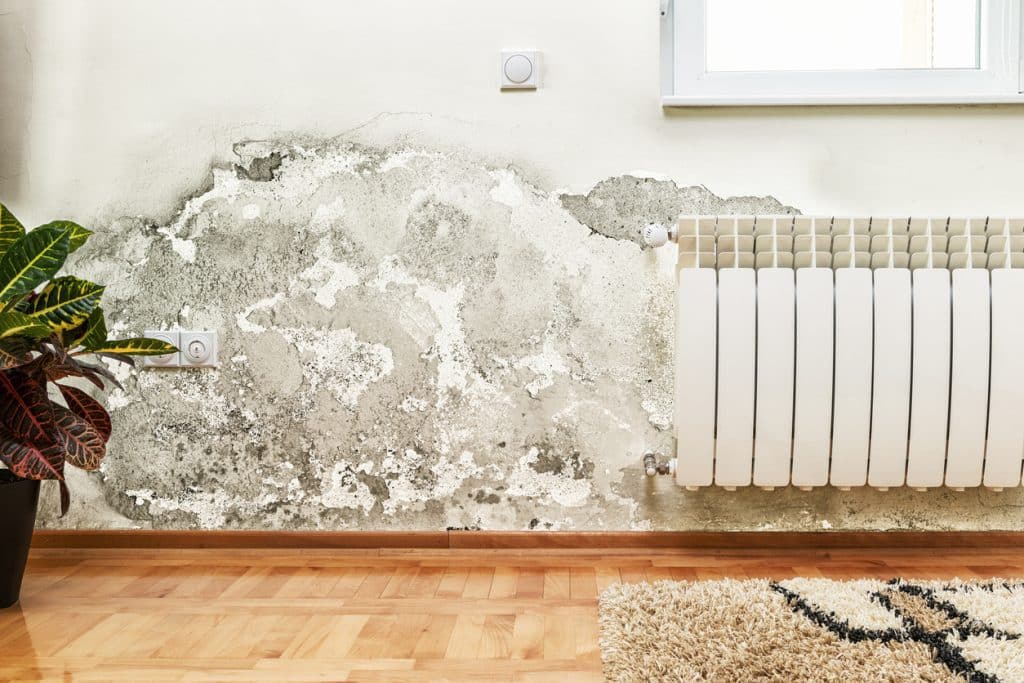The sight of fuzzy mould spores in damp corners is unwelcome but familiar to many Brits. However, mould can sometimes spread unnoticed, especially following weeks of icy winds and heavy rain. Asthma + Lung UK warns that these weather conditions create an ideal environment for damp and mould to thrive indoors. Living in such conditions can be particularly harmful to vulnerable groups, including those with asthma or chronic obstructive pulmonary disease (COPD).
If you’re unaware of mould in your home, your body might signal its presence through various symptoms:
- Respiratory Symptoms: Mould produces spores that can be inhaled, causing symptoms like coughing, wheezing, sneezing, irritation in the nose and throat, or shortness of breath. It can trigger asthma symptoms and worsen breathing difficulties.
- Asthma Risk: Mould spores can be especially perilous for people with asthma, potentially causing life-threatening asthma attacks and increasing the risk of chest infections, colds, flu, and rhinitis.
- Rhinitis: Exposure to mould spores may lead to rhinitis, where the nose becomes irritated, causing symptoms like sneezing, an itchy nose, a runny or blocked nose, itchy, red, and watery eyes, cough, and an itchy roof of the mouth.
- Skin Rash: Contact with mould spores can also cause a skin rash.
To protect yourself from the harmful effects of mould, consider the following:
- Take Medicines as Prescribed: For those with lung conditions, adherence to prescribed medicines can reduce the risk of mould exacerbating their condition.
- Adequate Ventilation: Keep rooms well-aired by opening windows for 5-10 minutes daily, especially during cooking or showering. Air out rooms when drying washing, using an airing cupboard or tumble dryer.
- Address Leaks and Water Damage: Fix any leaks or water damage promptly to prevent humidity that causes condensation.
- Maintain a Comfortable Temperature: Keep your home at a good background temperature, ideally at least 18 degrees, to prevent it from getting too cold.
- Use Extractor Fans: Use extractor fans in the kitchen and bathroom or open a window during cooking or after showering to eliminate moisture.
- Dehumidifiers: Consider using a dehumidifier to prevent damp and mould, but avoid it if dry air exacerbates coughing.
If you’re experiencing asthma symptoms or respiratory issues, consult with healthcare professionals for assistance.



